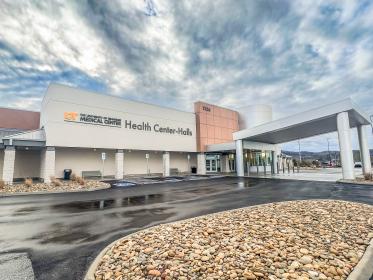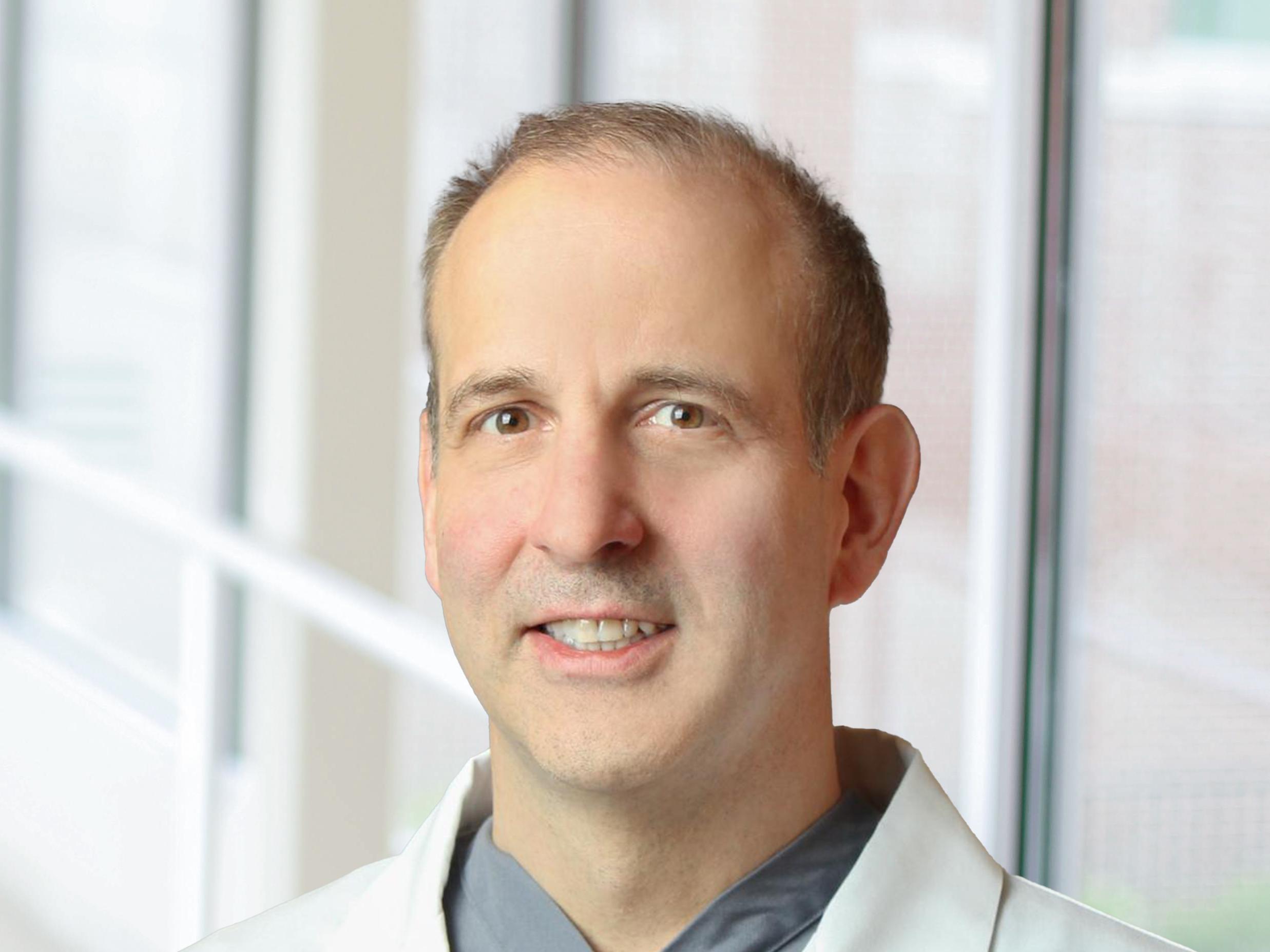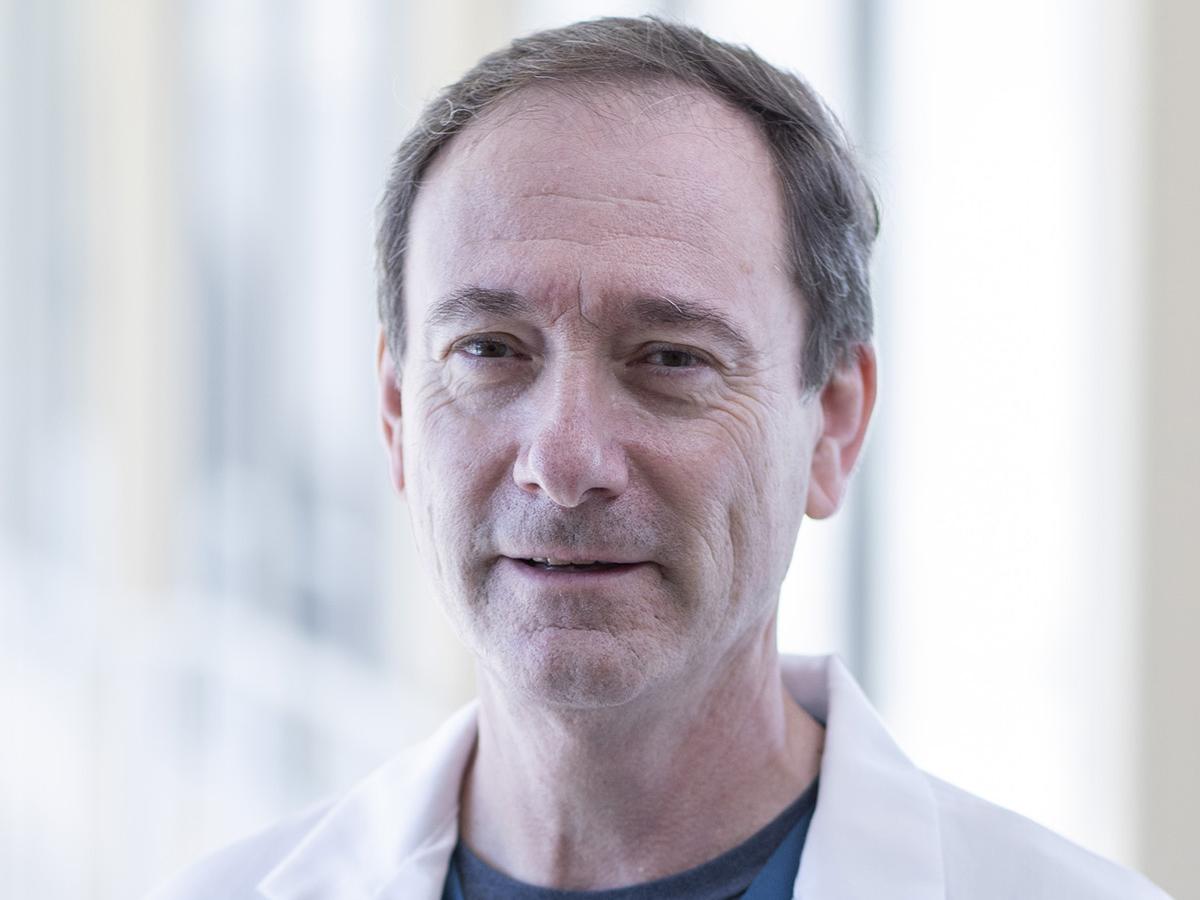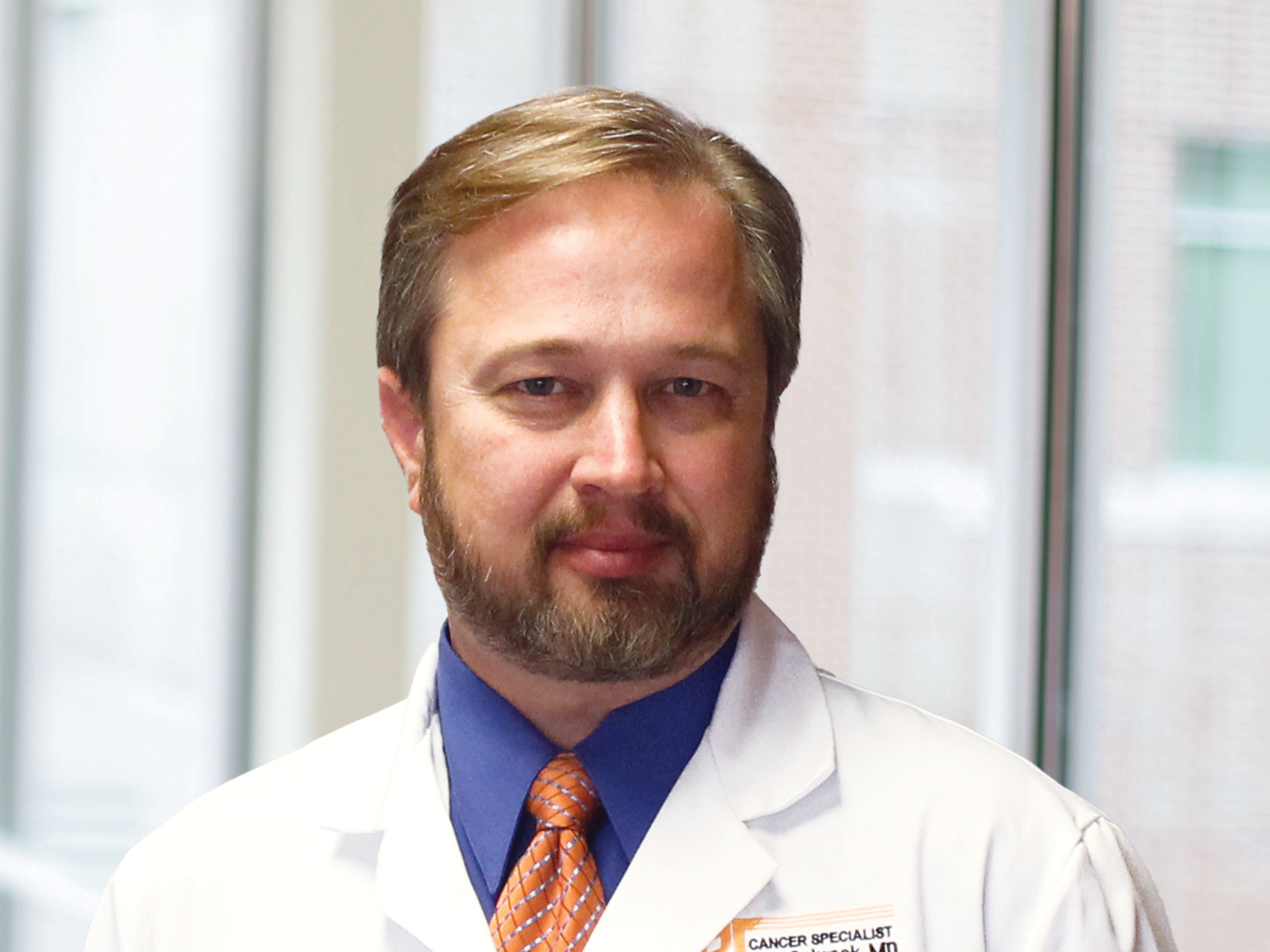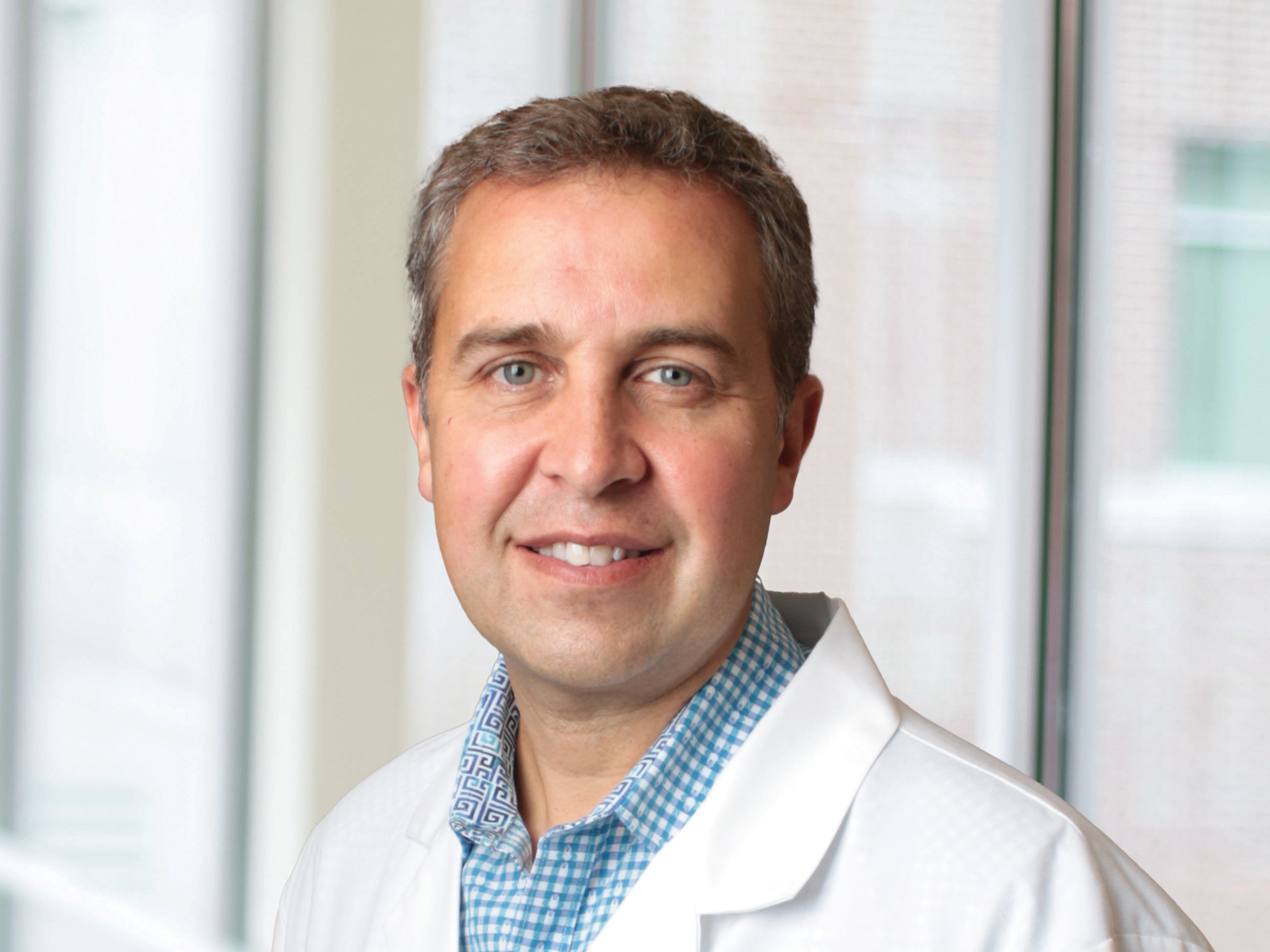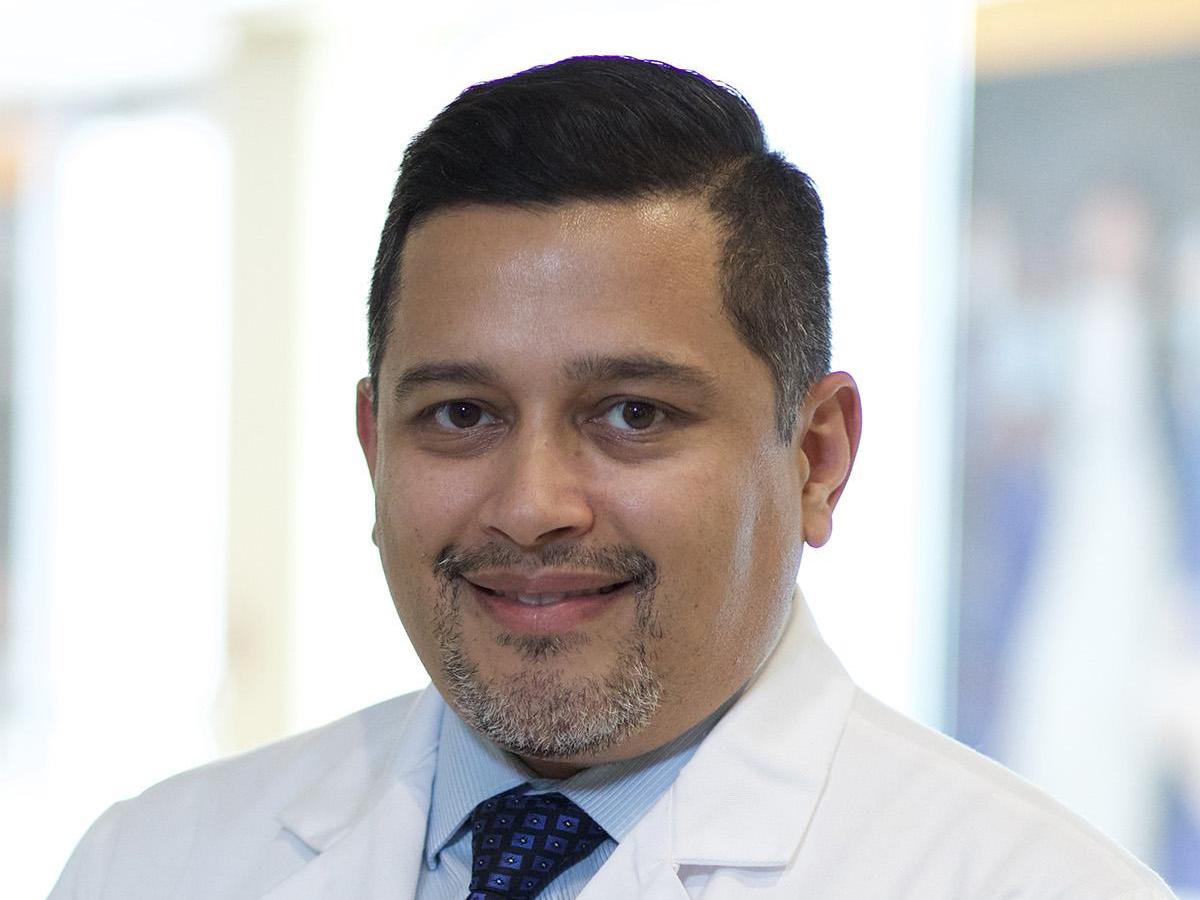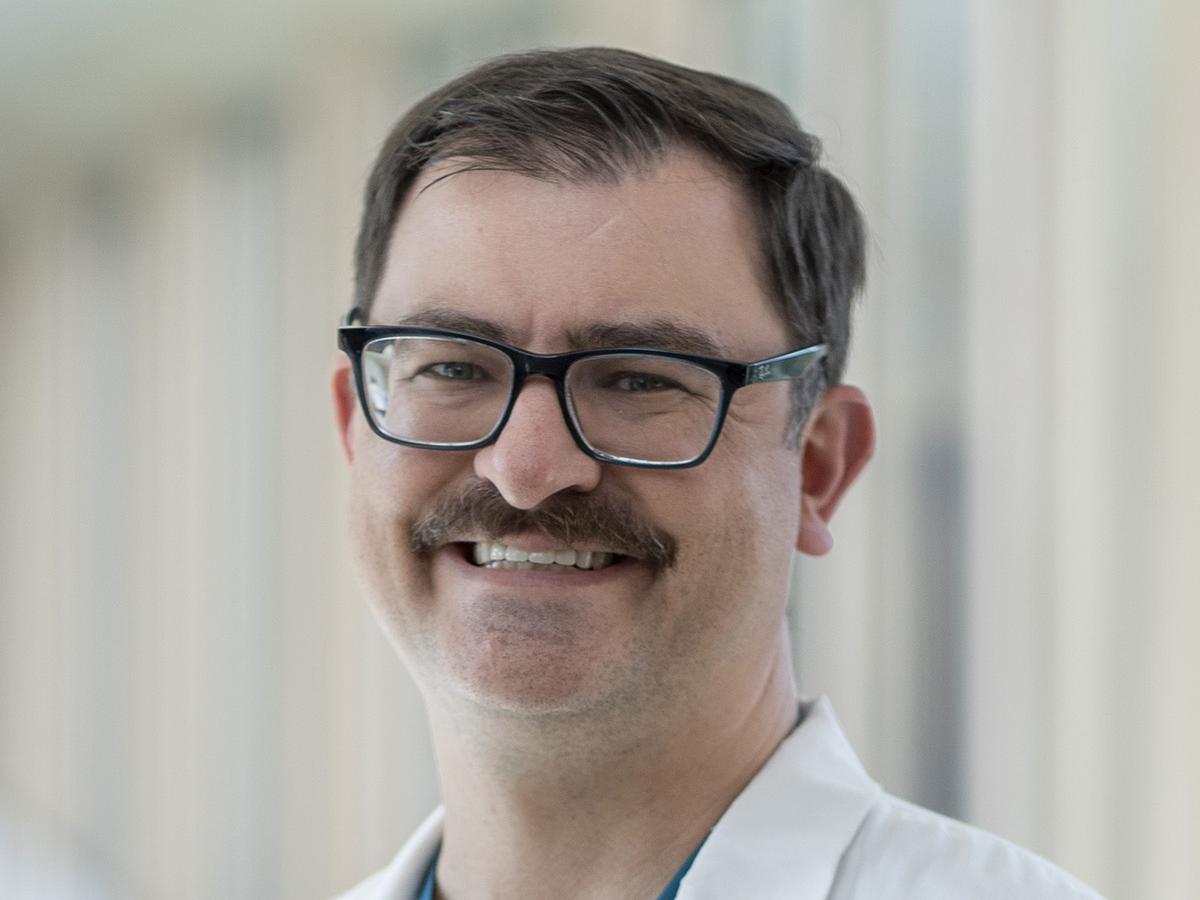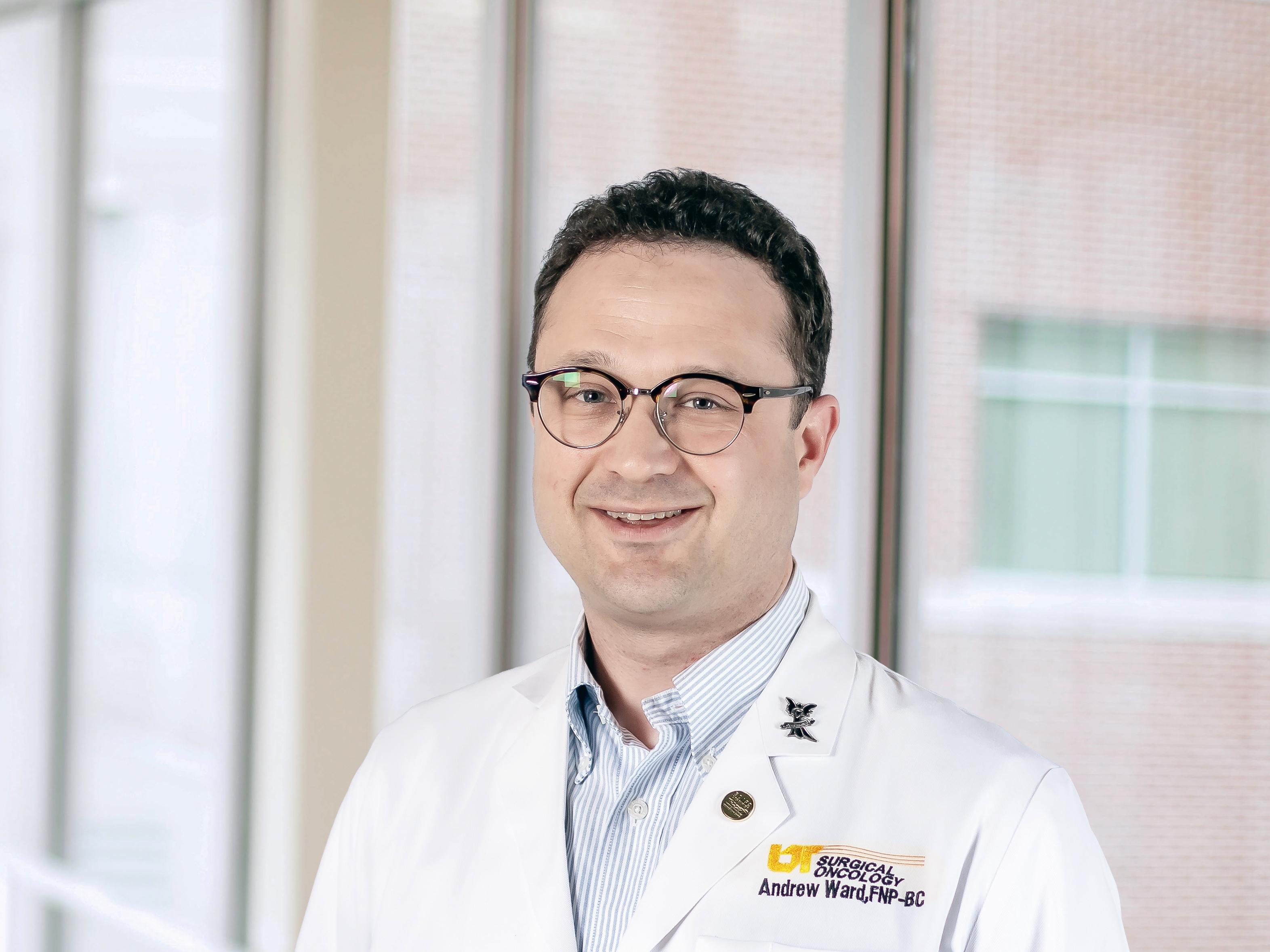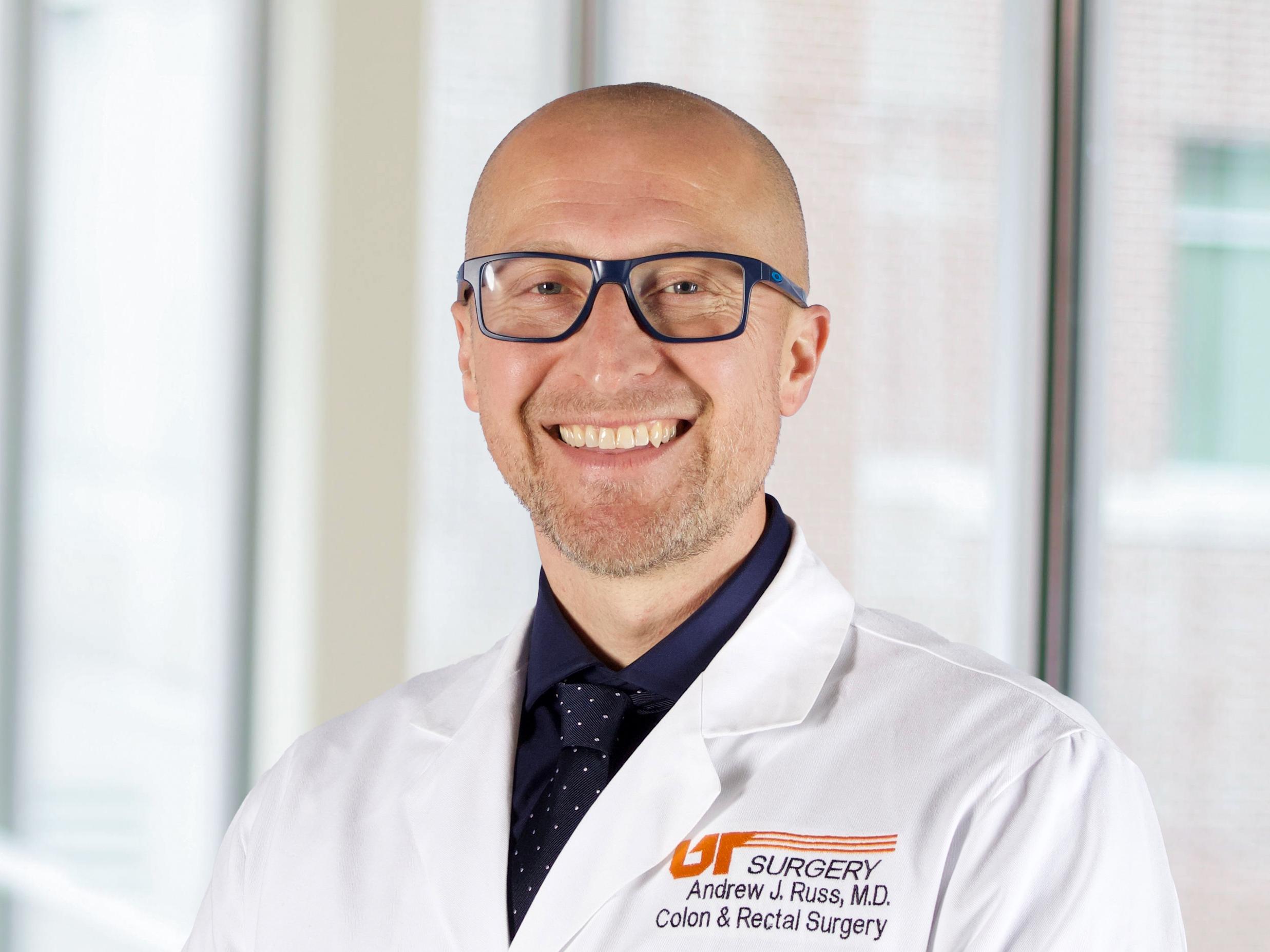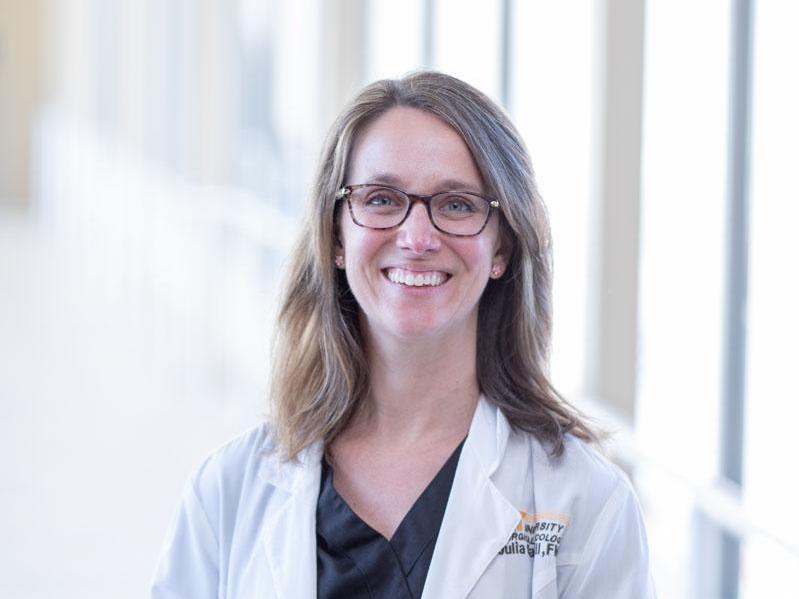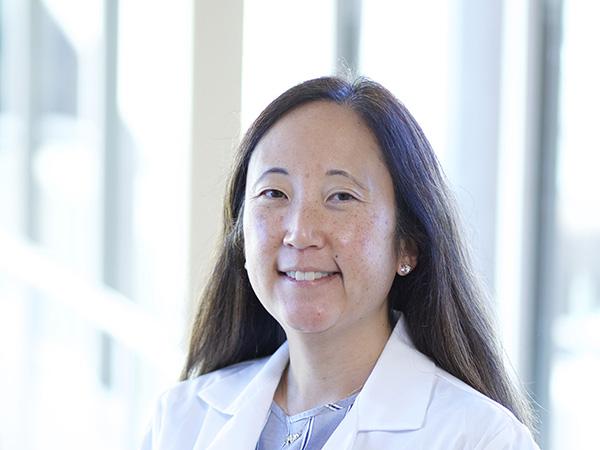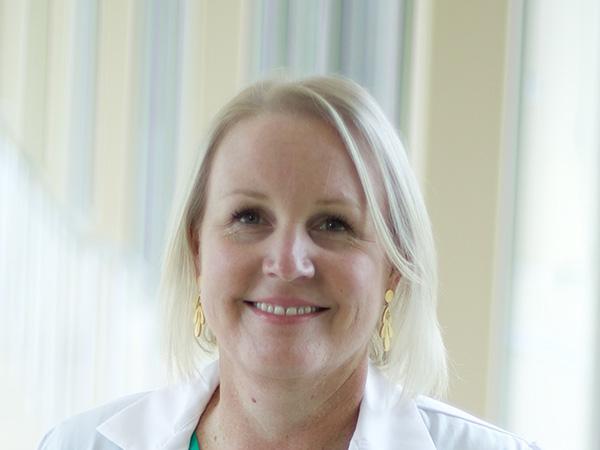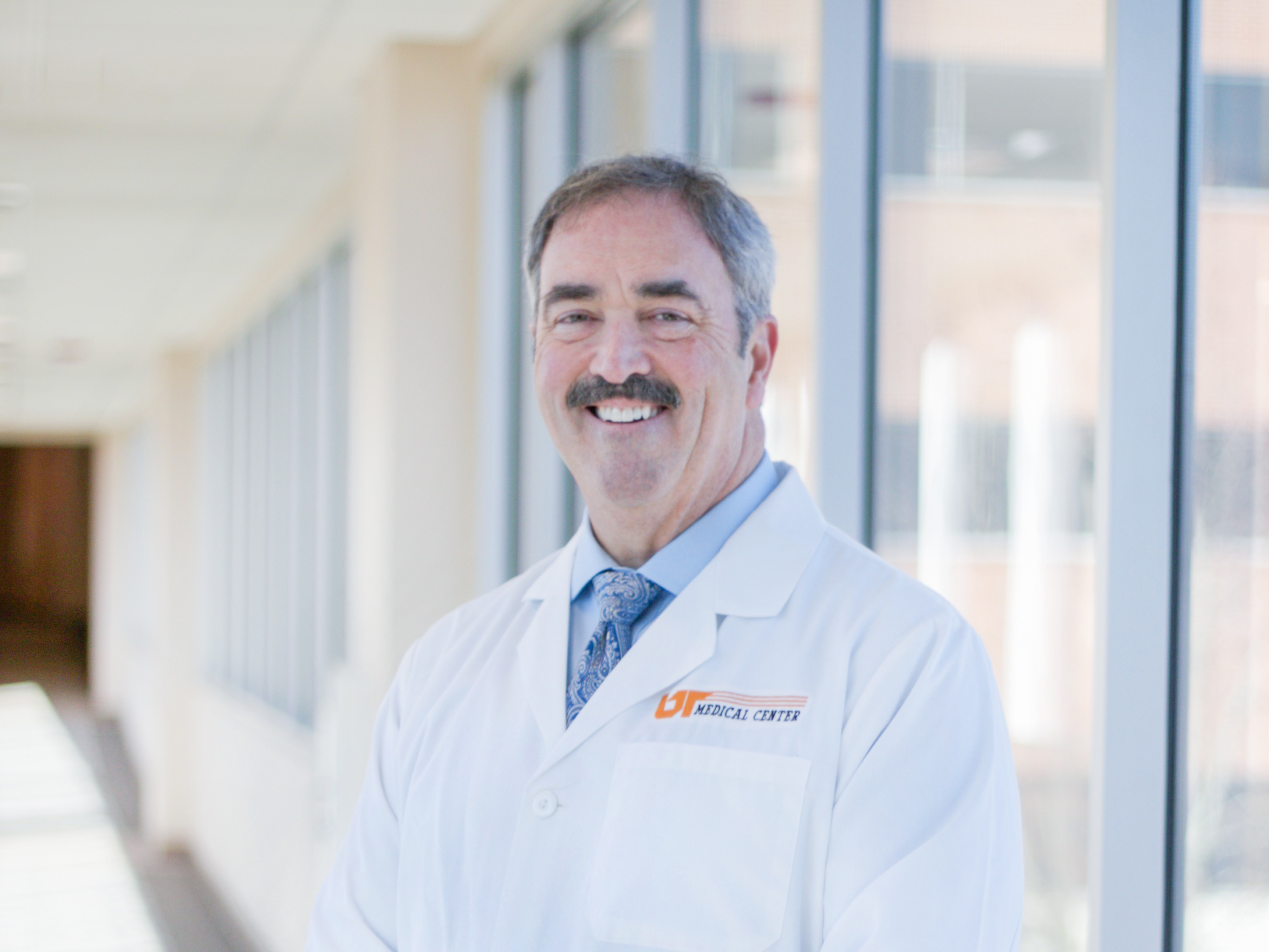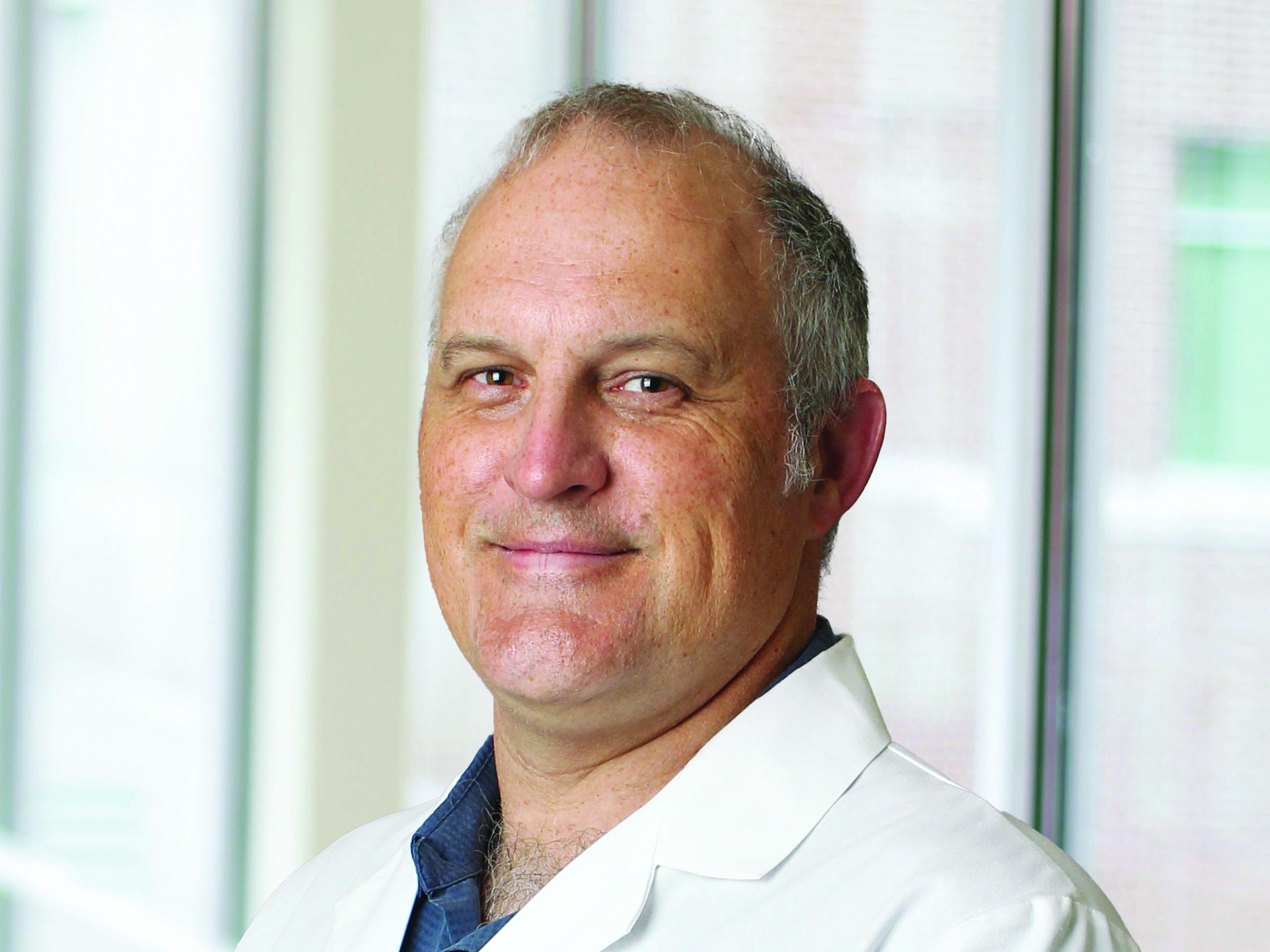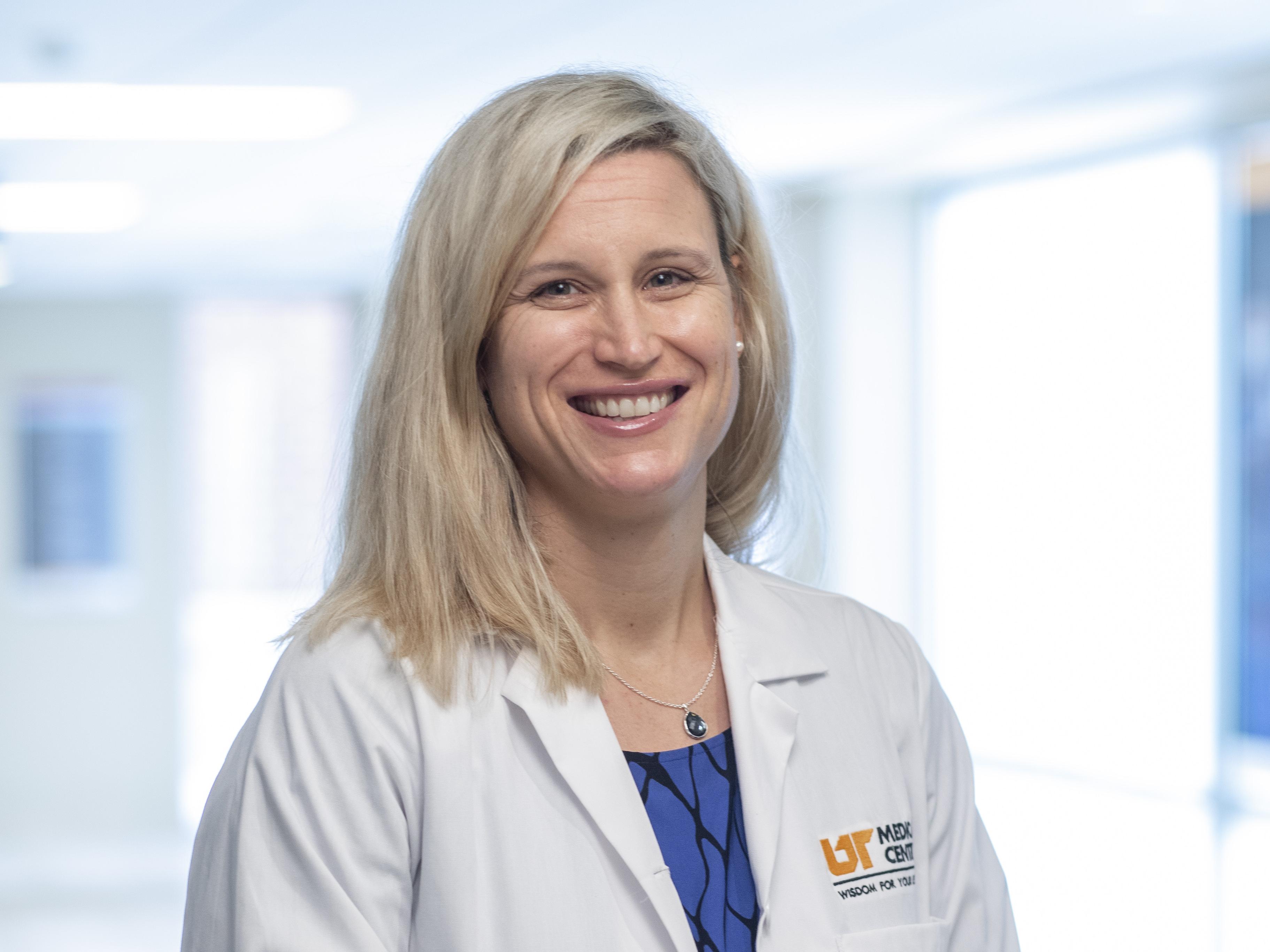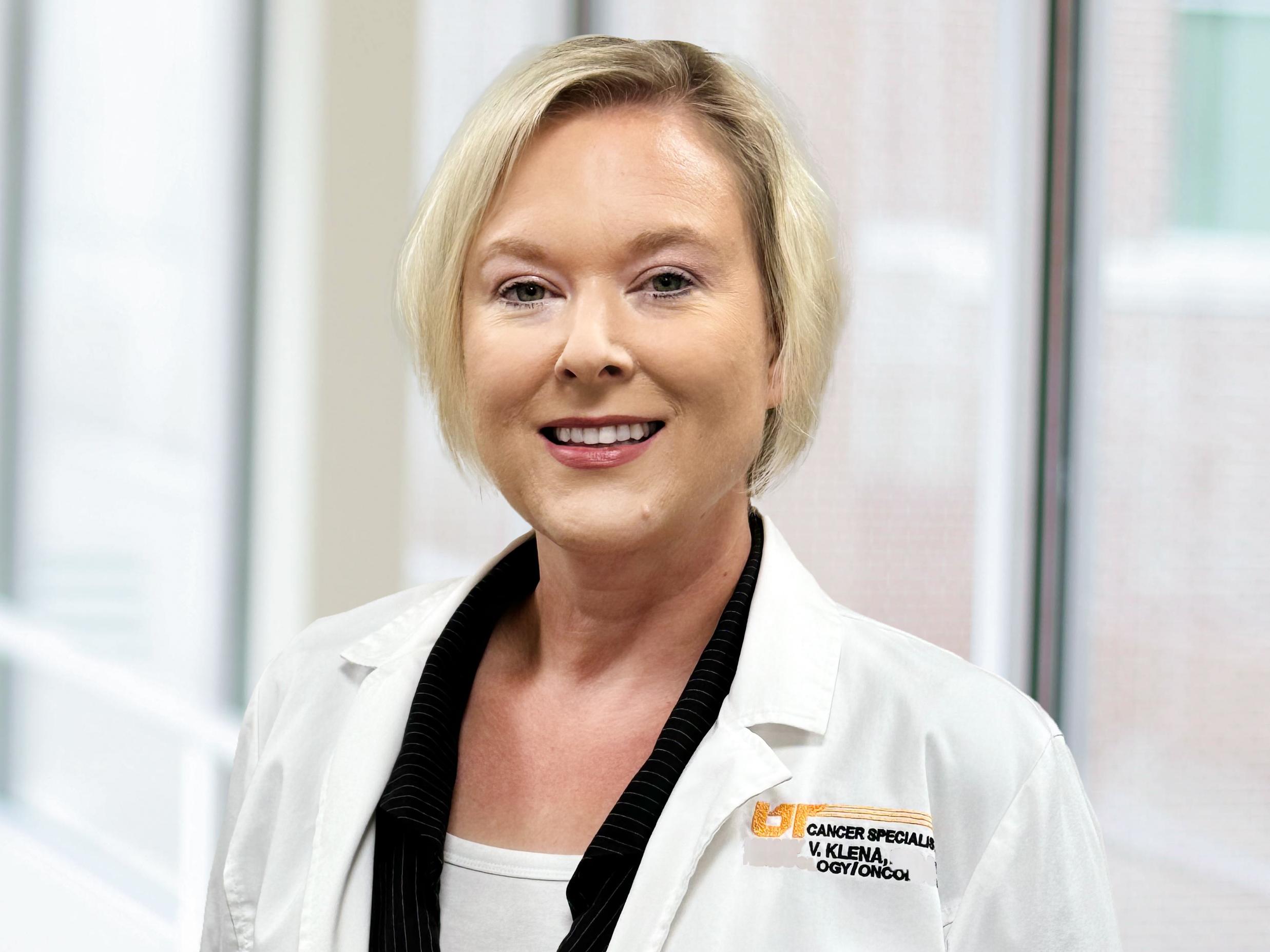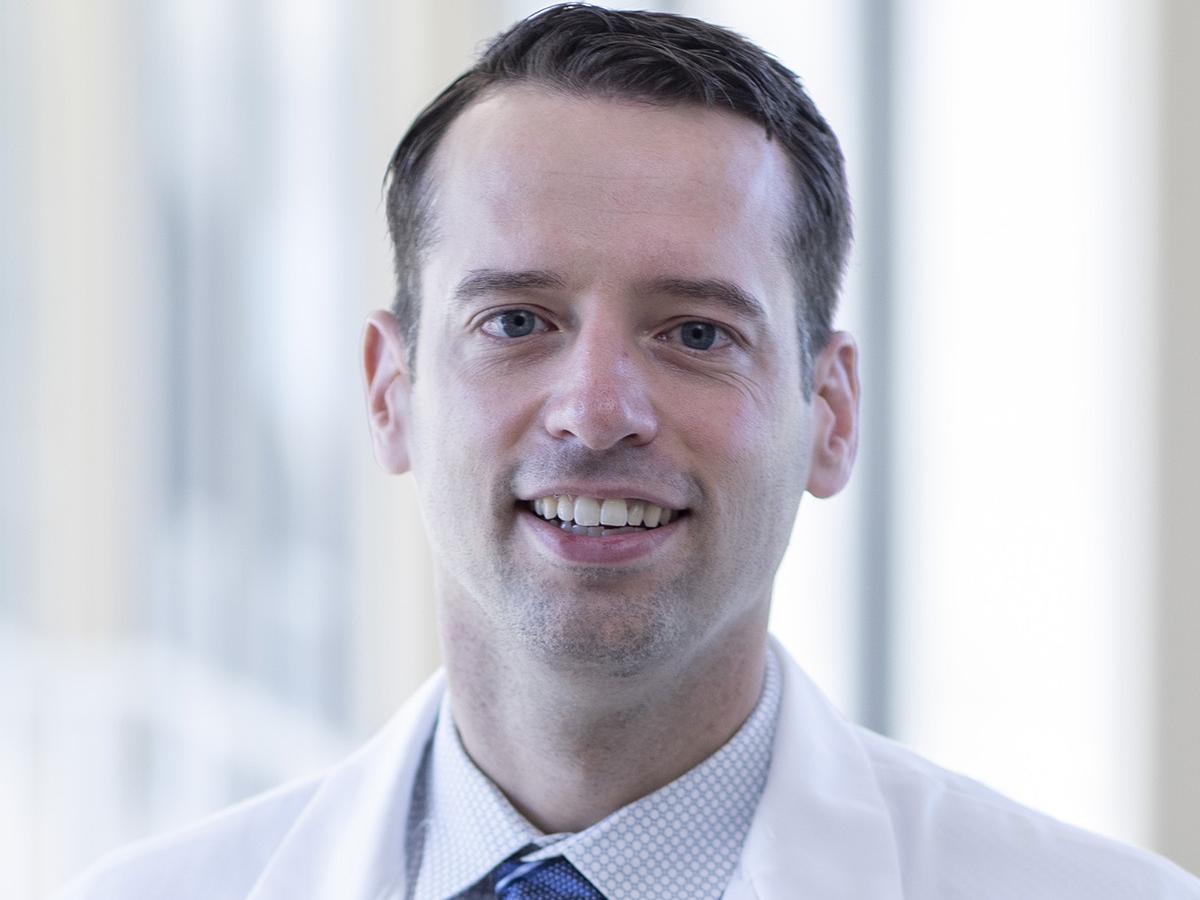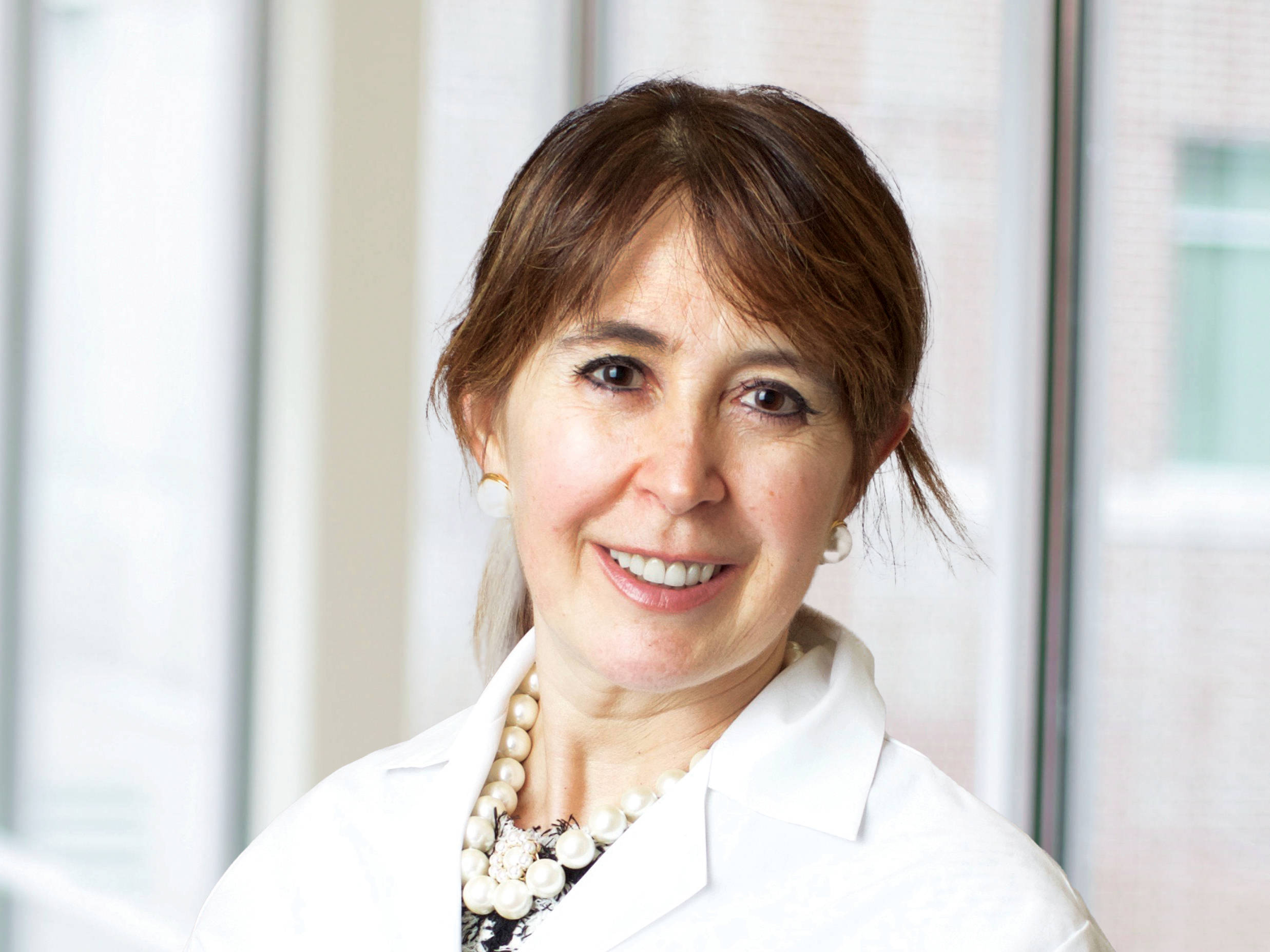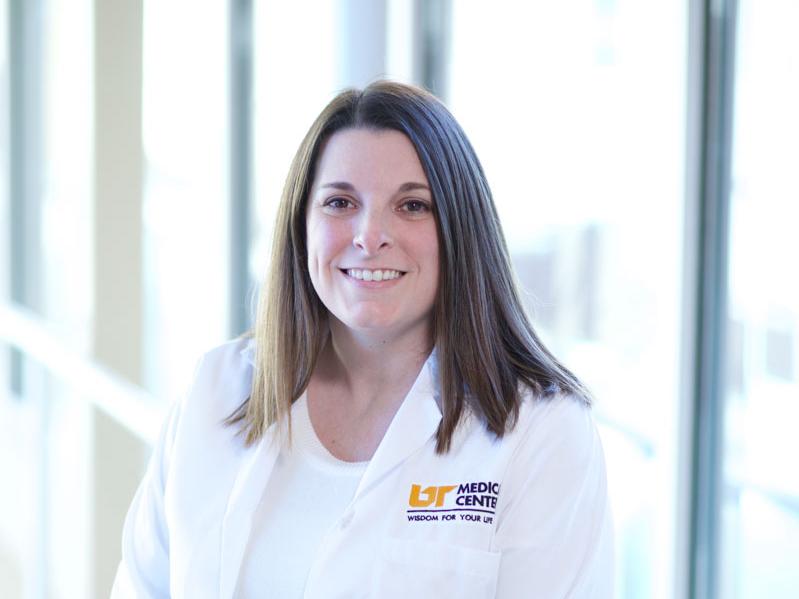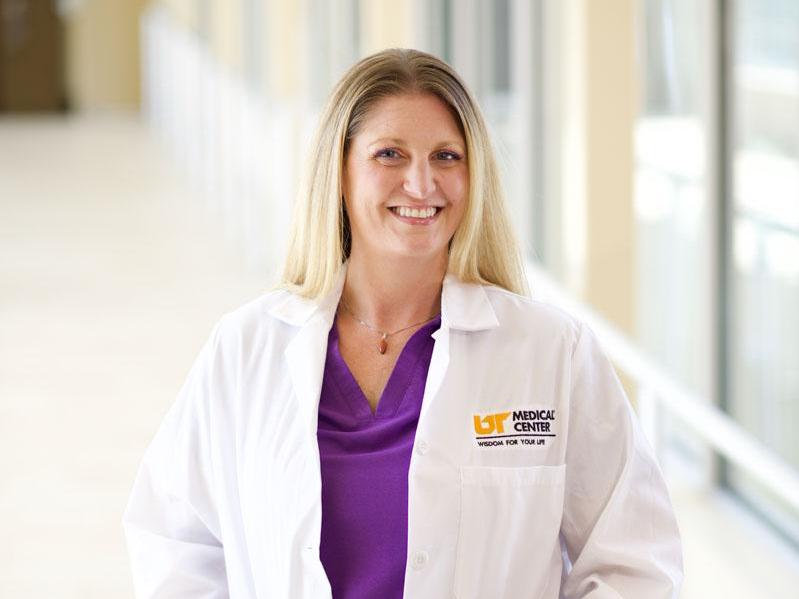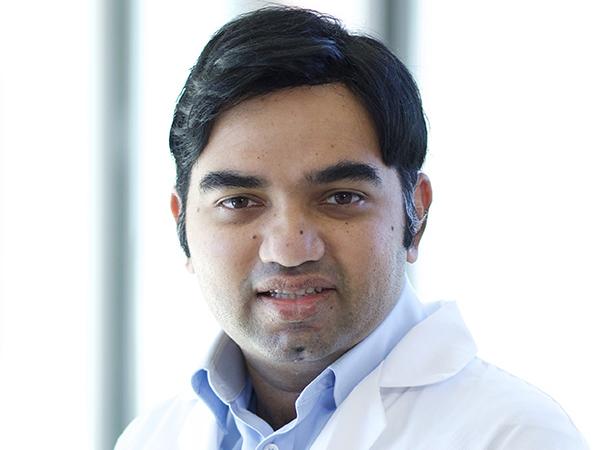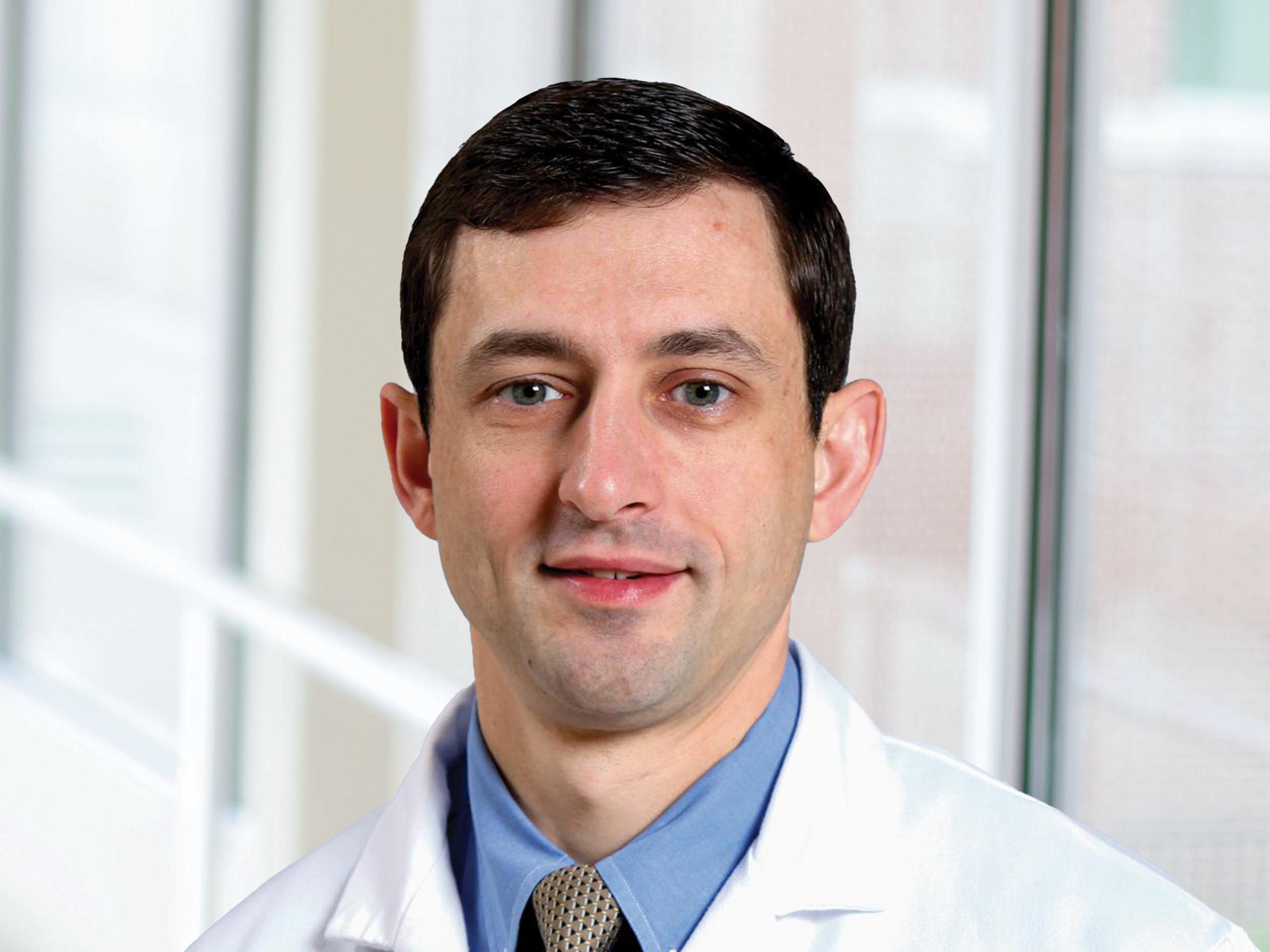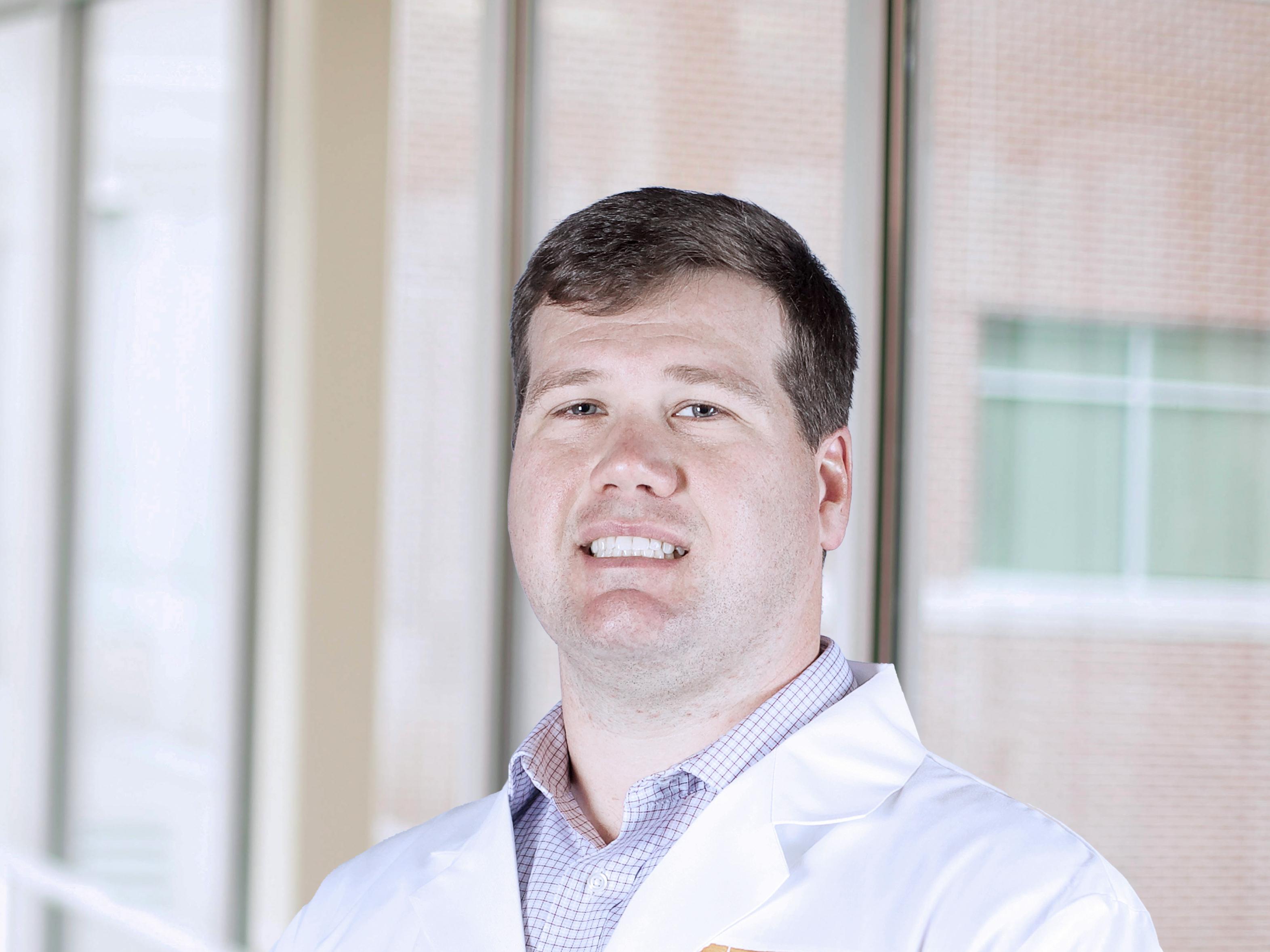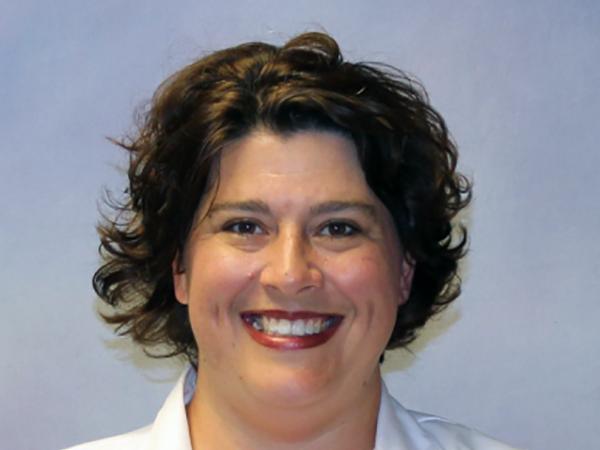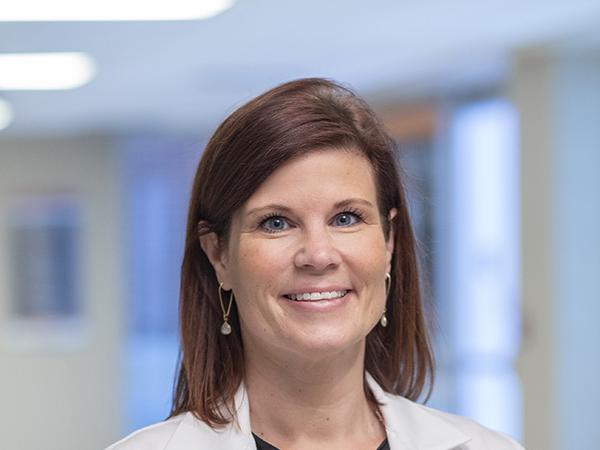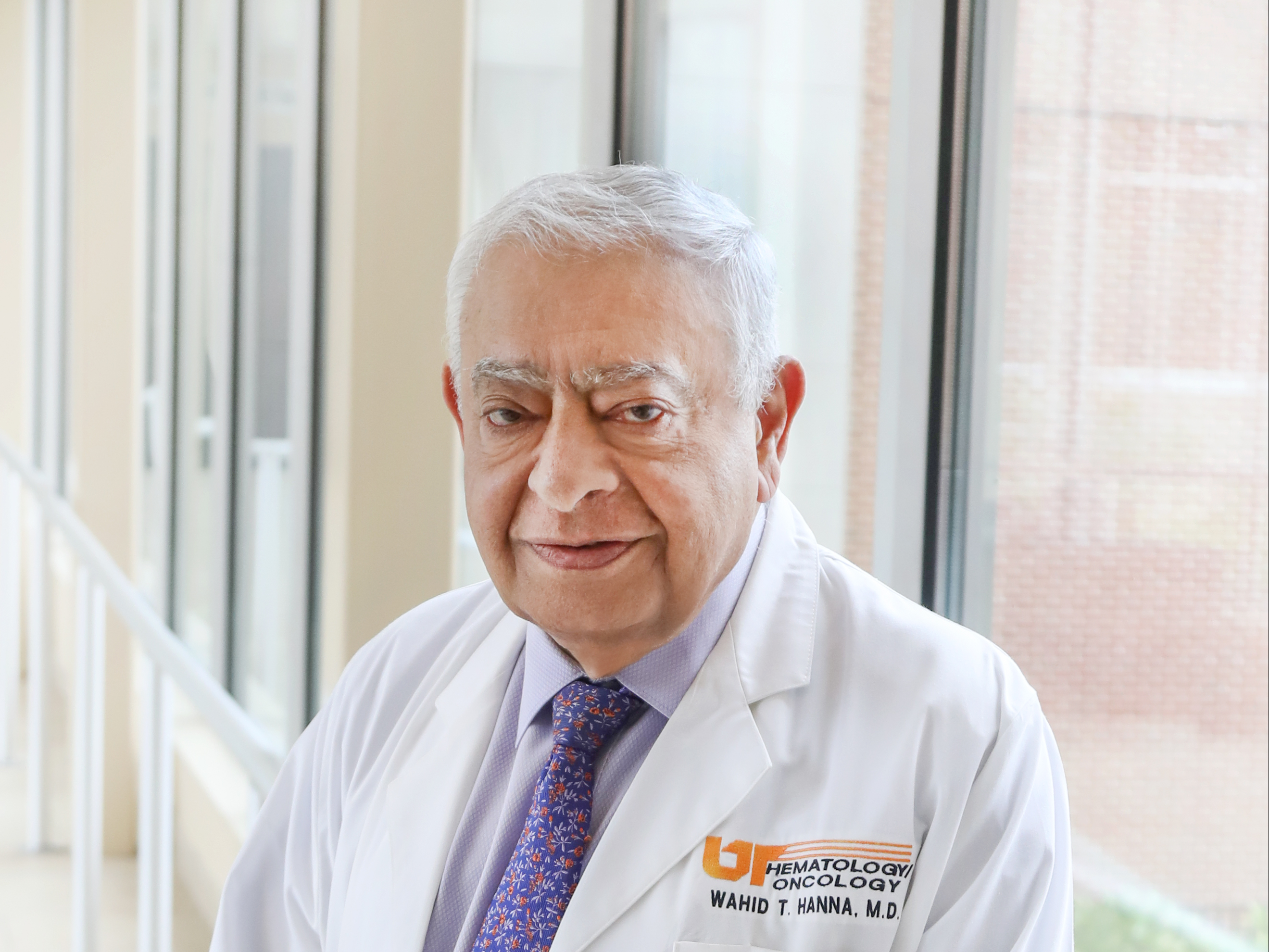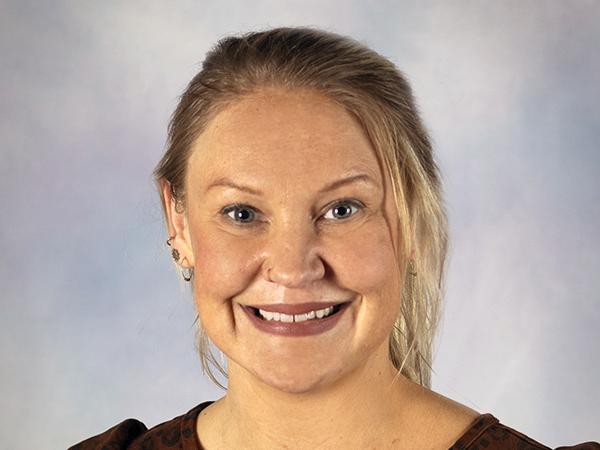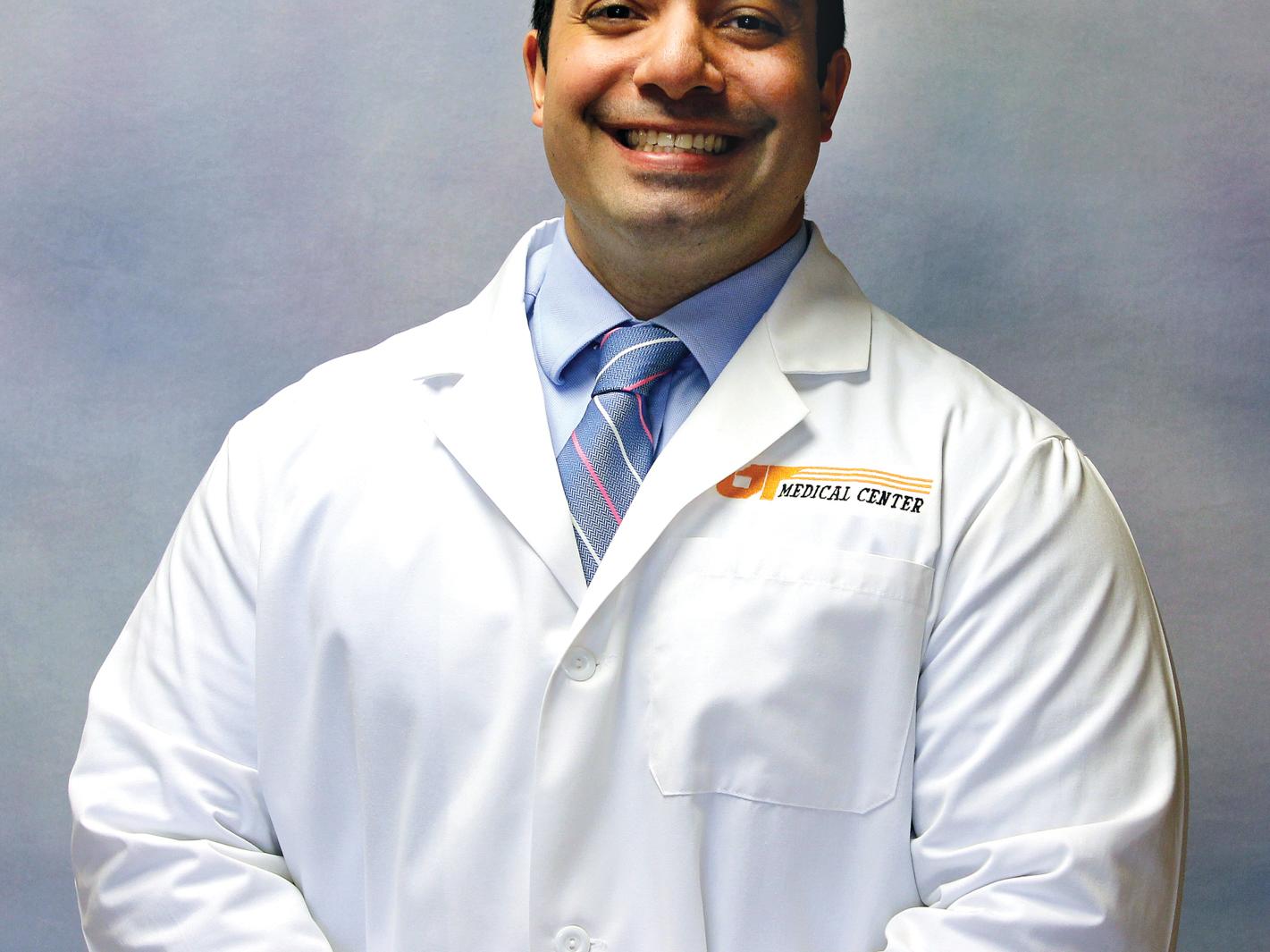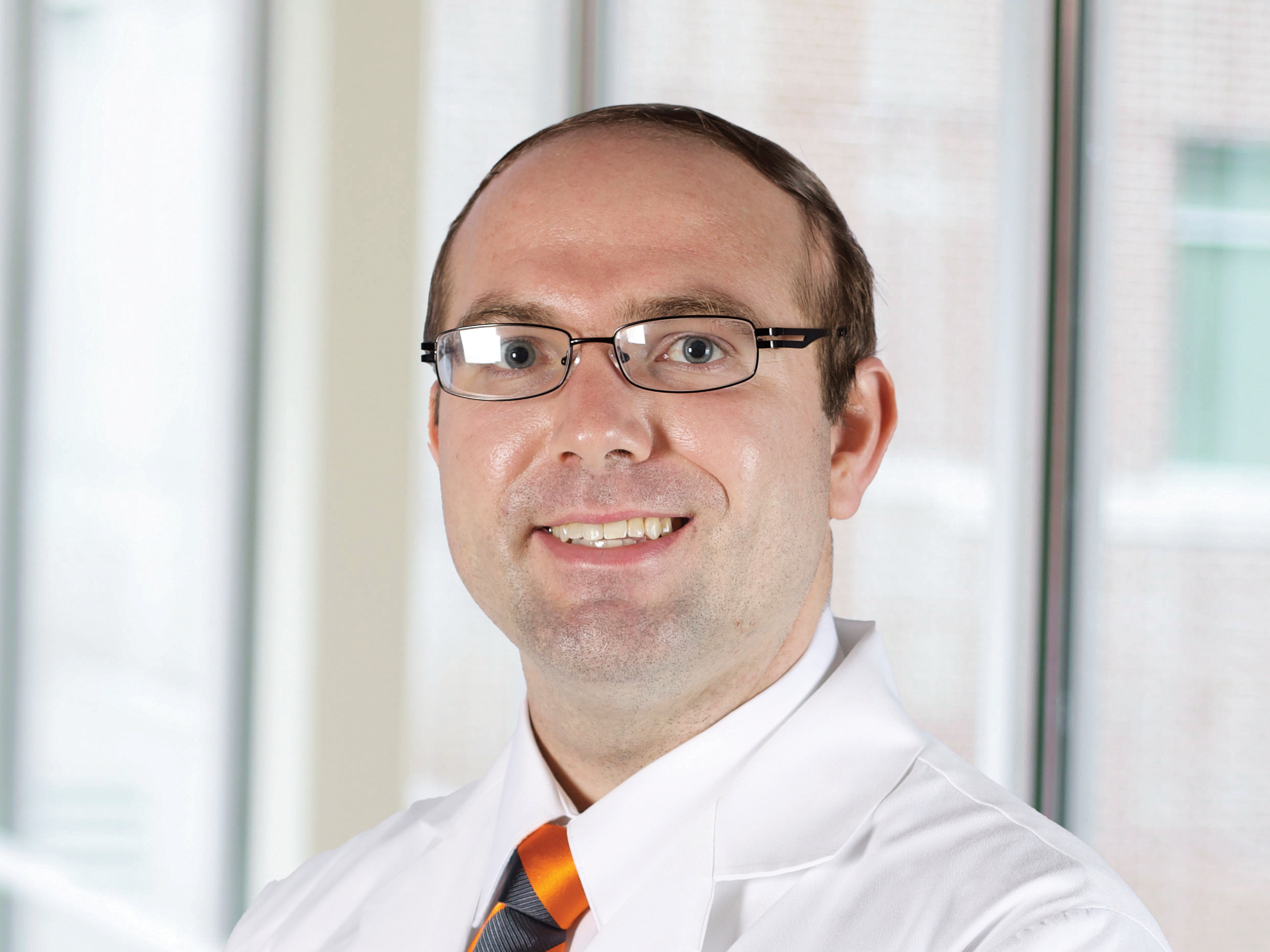Overview
Colon, rectal and anal cancer is often referred as colorectal cancer. Colorectal cancer forms from pre-cancerous abnormal cellular growth or polyps that arise from the cell membrane. Excluding skin cancers, colorectal cancer is the third most common cancer diagnosed in both men and women in the United States. The American Cancer Society estimates for the number of colorectal cancer cases in the United States are:
- 101,420 new cases of colon cancer
- 44,180 new cases of rectal cancer
The Gastrointestinal Tumor Service (GITS) at UT Medical Center is designed to provide easy access to a multidisciplinary team specializing in diagnosing and treating colorectal cancers.
Your Care at the Cancer Institute
The Cancer Institute at The University of Tennessee Medical Center offers the broadest spectrum of cancer specialists and services to care for our patients with colorectal cancer.
Our team provides patients with colorectal cancer access to all of their cancer care including surgical consultations, hormone treatment, radiation therapy, genetic counseling/testing, chemotherapy infusions, and supportive/integrative health services.
The Cancer Institute offers a highly trained team of oncologists and gastroenterologists trained at some of the top institutions in the country, bringing the best care to patients in our region. Our center is designed to assist and support patients through their cancer journey so they can choose the most appropriate treatment plan based on their particular diagnosis and needs. Additionally, our physicians have offices in many locations throughout East Tennessee to better serve patients with colorectal cancers.
Gastroenterologists at the University of Tennessee Medical Center provide evaluation and perform tests to make a diagnosis and collaborate with the multiple other cancer specialists to determine the best course of treatment for each individual patient. Our team of gastroenterologists are board certified by the American Board of Internal Medicine and the subspecialty board of Gastroenterology.
Patients are reviewed at multidisciplinary conferences where gastroenterologists, surgeons, medical oncologists, surgical oncologists, radiation oncologists, radiologists, pathologists, genetic counselors, nurses and clinical trials coordinators gather to determine the best individualized treatment plan for each patient. This level of coordination ensures that patients are receiving the highest level of care, offering the best outcomes and quality of life. Our comprehensive care teams also include integrative healthcare, a registered dietician, financial counselors, pastoral care, palliative care, and a social worker.
Risk Factors & Diagnosing Your Colorectal Cancer
Generally, colorectal cancer does not present with any symptoms at an early stage. As the disease advances, patients may experience:
- New onset of abdominal pain
- Blood in the stools, rectal bleeding or a change in stool shape
- A change in bowel habits such as constipation or diarrhea
- A decrease in appetite or weight loss
- Weakness or fatigue
Risk Factors
Colorectal cancer has controllable or modifiable risk factors that include:
- Smoking
- Consumption of alcohol
- Physical inactivity
- Diet (a high fat diet of red or processed meat)
- Obesity
- Low calcium intake
- Age – increases with age starting at 50 years old
Diagnosing Colorectal Cancer
There are a number of test that may be ordered to diagnose colorectal cancer:
- Biopsy
- Blood Tests
- Imaging Tests
- Ultrasound
- X-ray
- Magnetic resonance imaging (MRI)
- Computed tomography (CT)
Your Treatment Options
The decision on how to treat your colorectal cancer is one that involves your active participation with understanding of your diagnosis, treatment options, and taking into consideration your lifestyle and values. Your doctor may talk with you about several options, including:
- Embolization
- Chemoembolization
- Chemotherapy
- Colonoscopy
- Capsule Endoscopy
- Endoscopic Ultrasound (EUS)
- Interventional Radiology with Biopsy & Stent Placement
- Minimally Invasive Cancer Surgery
- PET Imaging
- Radical Surgery for Advanced or Metastatic Disease
- Radiation Therapy
- Targeted Drug Therapy
Clinical Trials
Clinical trials are research studies made available to patients that offer the newest treatments and test new ways to prevent, detect, diagnose and treat diseases. For more information, visit Clinical Trials or call 865-305-9773.
Your Next Steps
The Cancer Institute’s GITS provides easy access to a multi-disciplinary team that specializes in the diagnosis, treatment and follow-up care of patients with gastrointestinal (GI) cancers, including colorectal cancers. This includes those of the colon, stomach, small intestines, rectum, liver, pancreas, bile ducts, esophagus, anus and retroperitoneum.
One phone call can put you in touch with our team of board certified physicians led by James McLoughlin, MD, a surgical oncologist. Our team of specialists have an interest and expertise in the evaluation, management and treatment of all GI cancers. Patient cases are reviewed at a weekly multidisciplinary tumor conference attended by surgeons, medical oncologists, radiation oncologists, gastroenterologists, radiologists, pathologists, genetic counselors and clinical nurses in order to determine the best treatment plan for the individual. This individualized treatment plan is designed to maximize outcomes and quality of life.
GITS is designed to expedite the care of patients referred with symptoms or findings suspicious for a GI malignancy or a confirmed cancer diagnosis. The GITS nurse navigator assists with the coordination of each referral while providing information, education and support for patients and their families. In partnership with the referring physician, the GITS will work to determine and complete the specific plan of care. Patients may be referred for only special diagnostic procedures or treatments and then returned to the referring physician for completion of their care plan and follow-up.
All specialists and procedures are available in one location on the campus of The University of Tennessee Medical Center.
Our Cancer Institute team is here for you in what can be a very stressful time. Please don’t hesitate to ask questions and request help when you need it. Our new patient section will provide you additional information about the Cancer Institute and everything you need to know to prepare for your first visit.
For more information on colorectal cancer, visit External Resources for several trusted sites to enhance your research and understanding of your diagnoses.

